
3 Early Signs of Stomach Cancer Everyone Should Know Before It Spreads
Stomach cancer, also known as gastric cancer, is one of the most dangerous and often overlooked cancers in the world. It ranks among the top causes of cancer-related deaths, largely because it is typically detected at a late stage—when treatment becomes more difficult and the cancer may have already spread to other parts of the body.
However, like most cancers, stomach cancer begins quietly, with subtle symptoms that can be easily missed or mistaken for common digestive problems. That’s why recognizing the early signs of stomach cancer is essential. The earlier it is caught, the better the chances of successful treatment and long-term survival.
Here are 3 critical early signs that may signal stomach cancer in its beginning stages—signs that everyone should know before it’s too late.
1. Persistent Indigestion or Heartburn
We all experience indigestion or acid reflux from time to time, especially after eating spicy or heavy meals. But if you’re having ongoing indigestion that doesn’t improve with dietary changes or over-the-counter medications, it could be a warning sign.
Stomach cancer in its early stages can affect the stomach lining, reducing the ability to digest food properly. As a result, many patients report feeling bloated, nauseated, or full very quickly—even after eating only small amounts of food.
If you're experiencing recurrent heartburn, unexplained stomach discomfort, or a persistent feeling of fullness, don’t ignore it. These mild symptoms may seem harmless, but they could be the body’s early alert to something much more serious.
2. Unintentional Weight Loss and Fatigue
One of the more noticeable signs of early stomach cancer is unexplained weight loss. If you're losing weight without changing your diet or exercise routine, it’s time to ask why.
Cancer cells often use up a lot of the body’s energy resources, causing rapid weight loss and fatigue even in the absence of other strong symptoms. You might also feel unusually tired throughout the day, even after getting enough rest.
This weight loss is usually not associated with a healthy metabolism—it’s a red flag. When your body is burning energy to fight a growing tumor, it can leave you feeling weak, drained, and unwell. These symptoms, when paired with digestive discomfort, should prompt an immediate visit to your doctor.
3. Black or Bloody Stools
Blood in the stool is a serious sign that something is wrong with your digestive system. In the case of stomach cancer, internal bleeding may occur slowly over time and may not be noticeable right away.
Stools that appear black, tarry, or contain visible blood should never be ignored, especially if they appear more than once. Internal bleeding from a tumor in the stomach can go unnoticed until it reaches an advanced stage. Regular monitoring of bowel habits may help detect this symptom early.
If you notice dark, unusual stools along with persistent stomach pain or nausea, it's essential to consult a healthcare professional as soon as possible.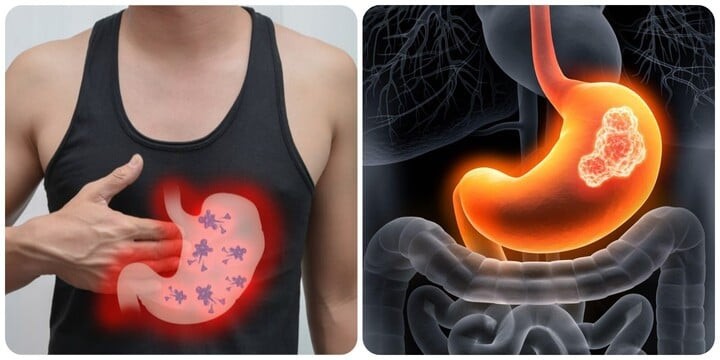
Final Thoughts
Stomach cancer often grows silently, giving little warning until it reaches a more dangerous phase. However, your body does send signals—if you know how to listen. Early detection is the key to preventing metastasis, or the spread of cancer to distant organs, which greatly reduces treatment success rates.
Don't wait for severe symptoms. If you or someone you know is experiencing any of these warning signs—persistent indigestion, unexplained weight loss, or black stools—take them seriously. Seek medical advice, undergo screening if necessary, and take control of your health.
Knowledge is power, and awareness can save lives.
News in the same category


Cervical Cancer: 5 Things to Know

Gut-Brain Disorders Surge After Pandemic
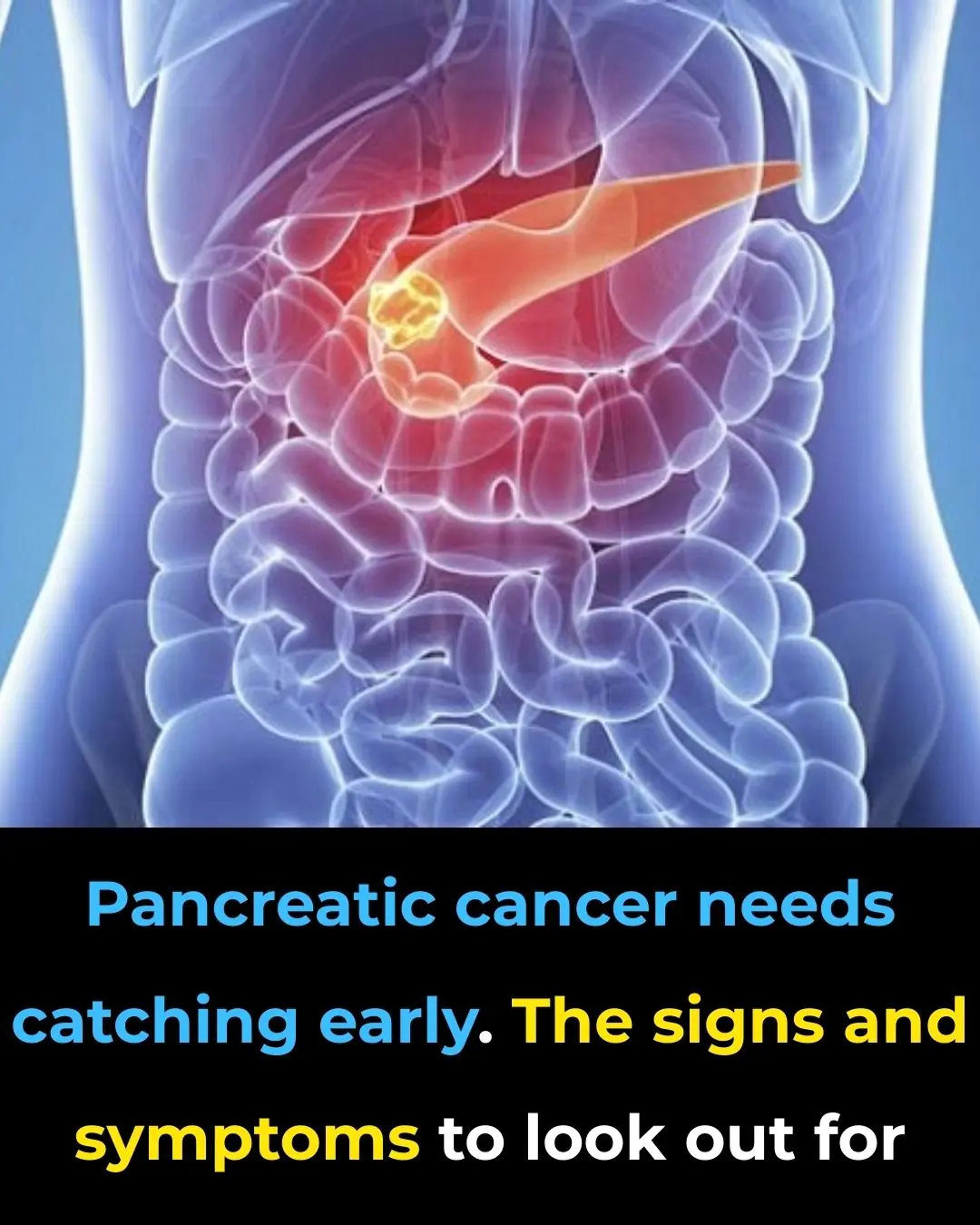
10 Early Signs of Pancreatic Cancer
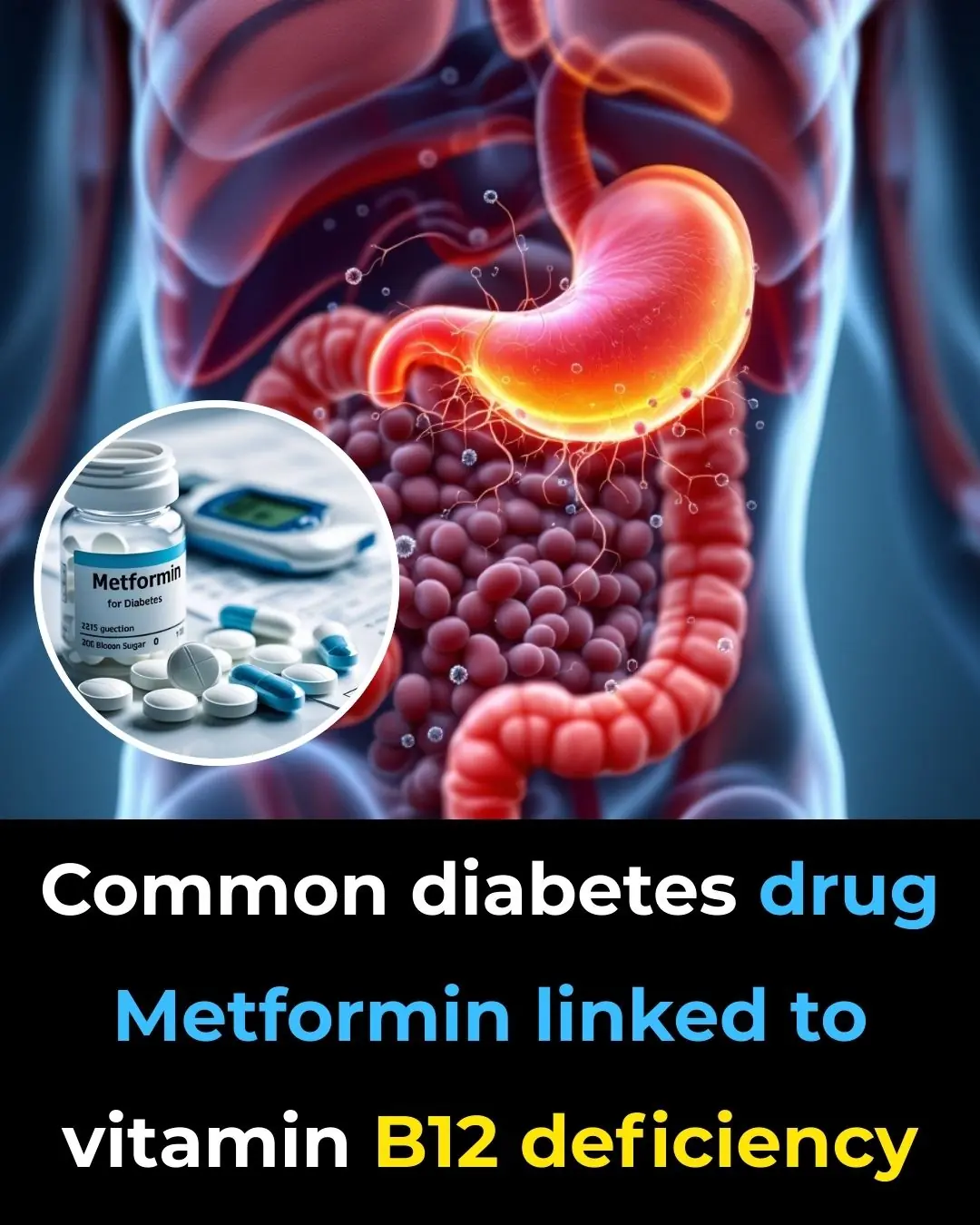
Common Diabetes Drug Metformin Linked to Vitamin B12 Deficiency
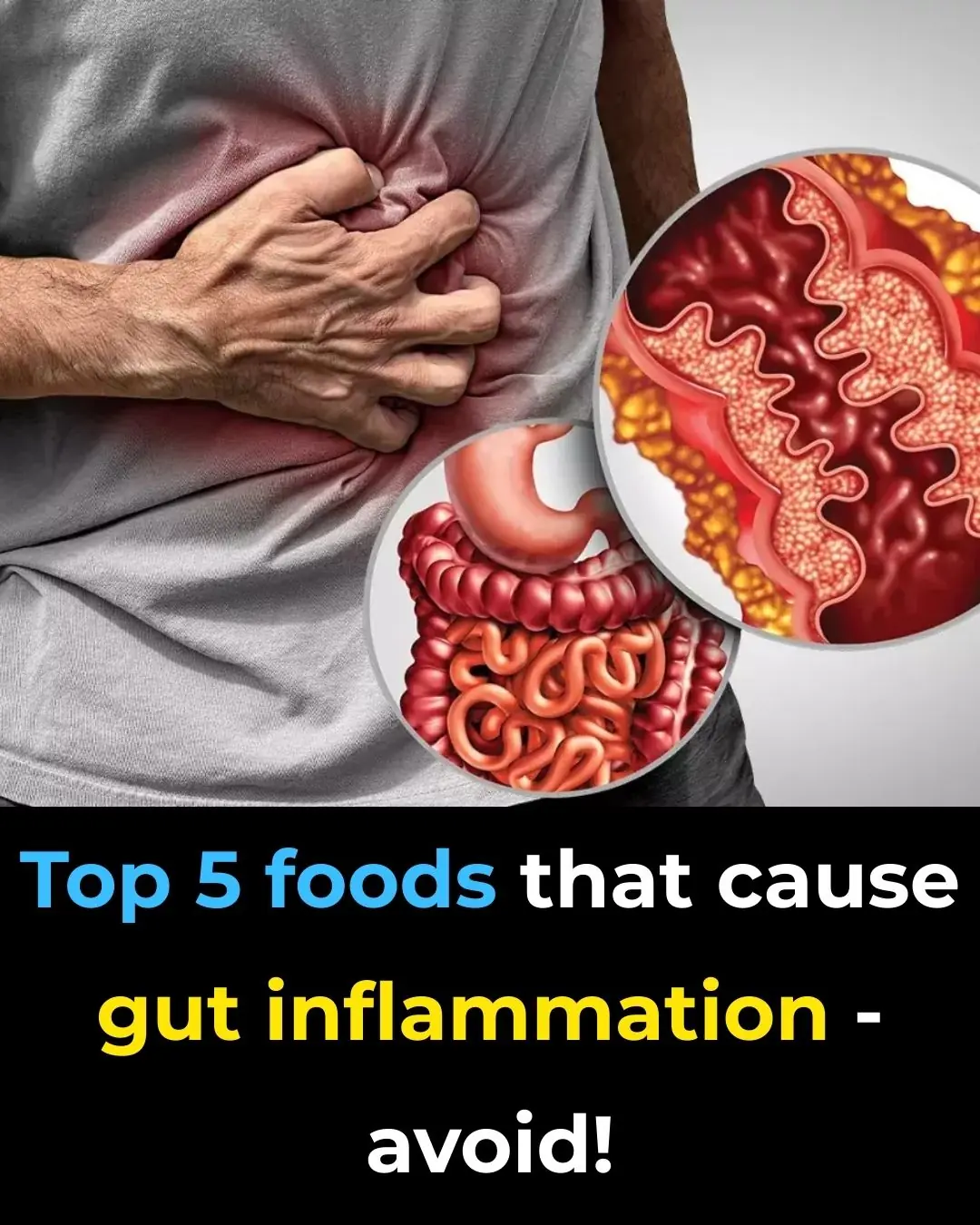
Top 5 Foods that cause Gut Inflammation – Avoid!

A 30-Year-Old Man’s Sore Throat Turned into Cancer After 5 Rounds of Chemotherapy — Doctor Urges: Throw These 3 Things Out of Your Fridge Immediately
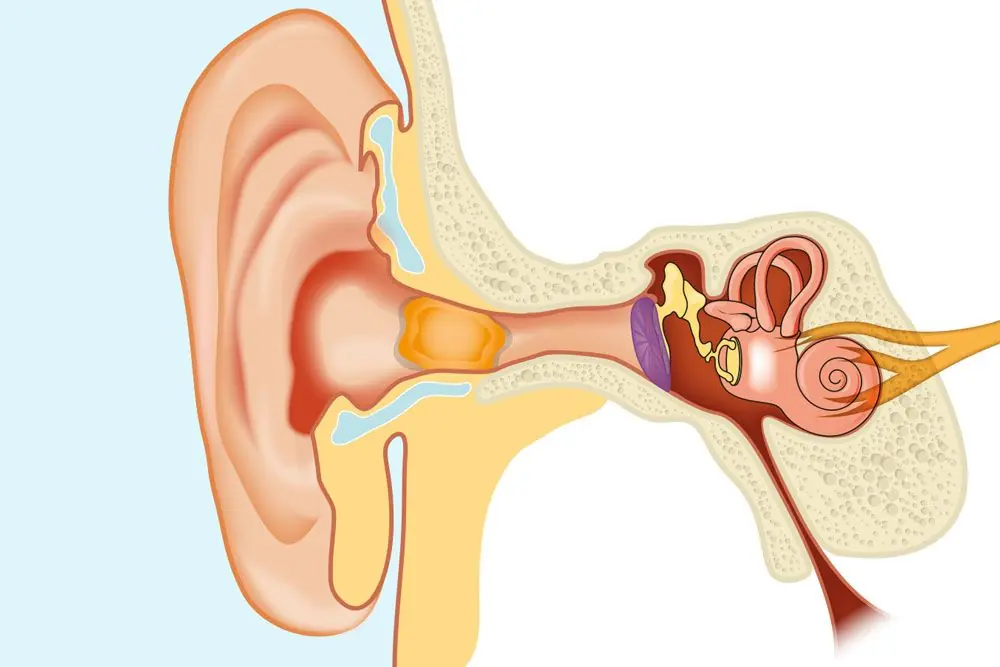
The Most Effective Ways to Naturally Get Rid of Clogged Ears

Life-Saving Tips for Lowering Stroke Risk & Early Signs of Stroke

Stroke Is Striking Younger People: 30 Seconds of Awareness Can Save a Life

How to Use Rice Water for Gorgeous Hair and Skin

Menopause Symptoms That May Surprise You

10 Healthy Sandwich Dos and Don’ts

Medicinal Health Benefits of Garlic (Raw, Supplement) – Science Based

Why You Should Wash Your Face With Apple Cider Vinegar

If Your Feet Swell It Is a Clear Sign
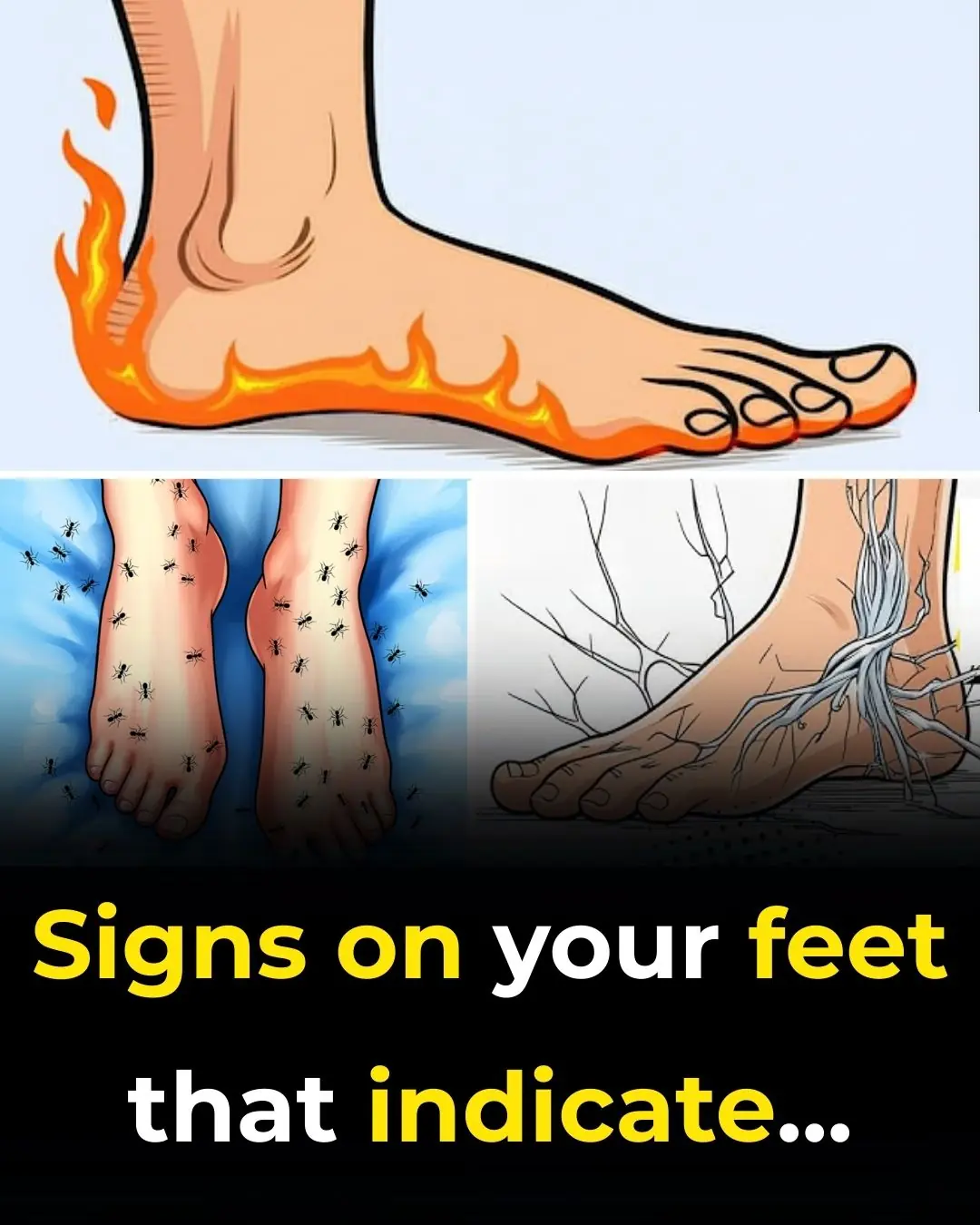
What Your Feet Are Telling You
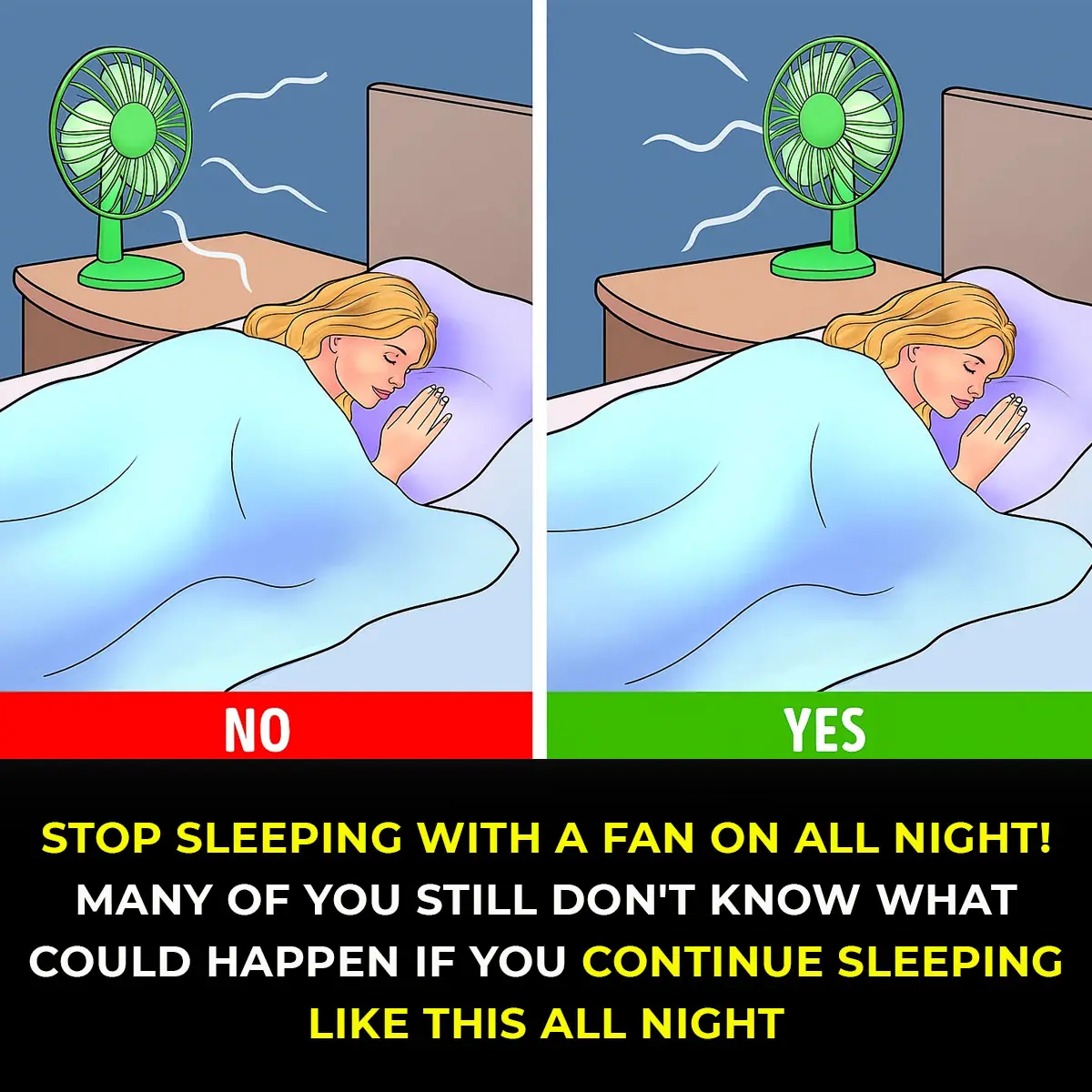
6 Health Benefits of Sleeping In a Cold Room and How to Make it Cooler- And Why You May Not Want to Use a Fan
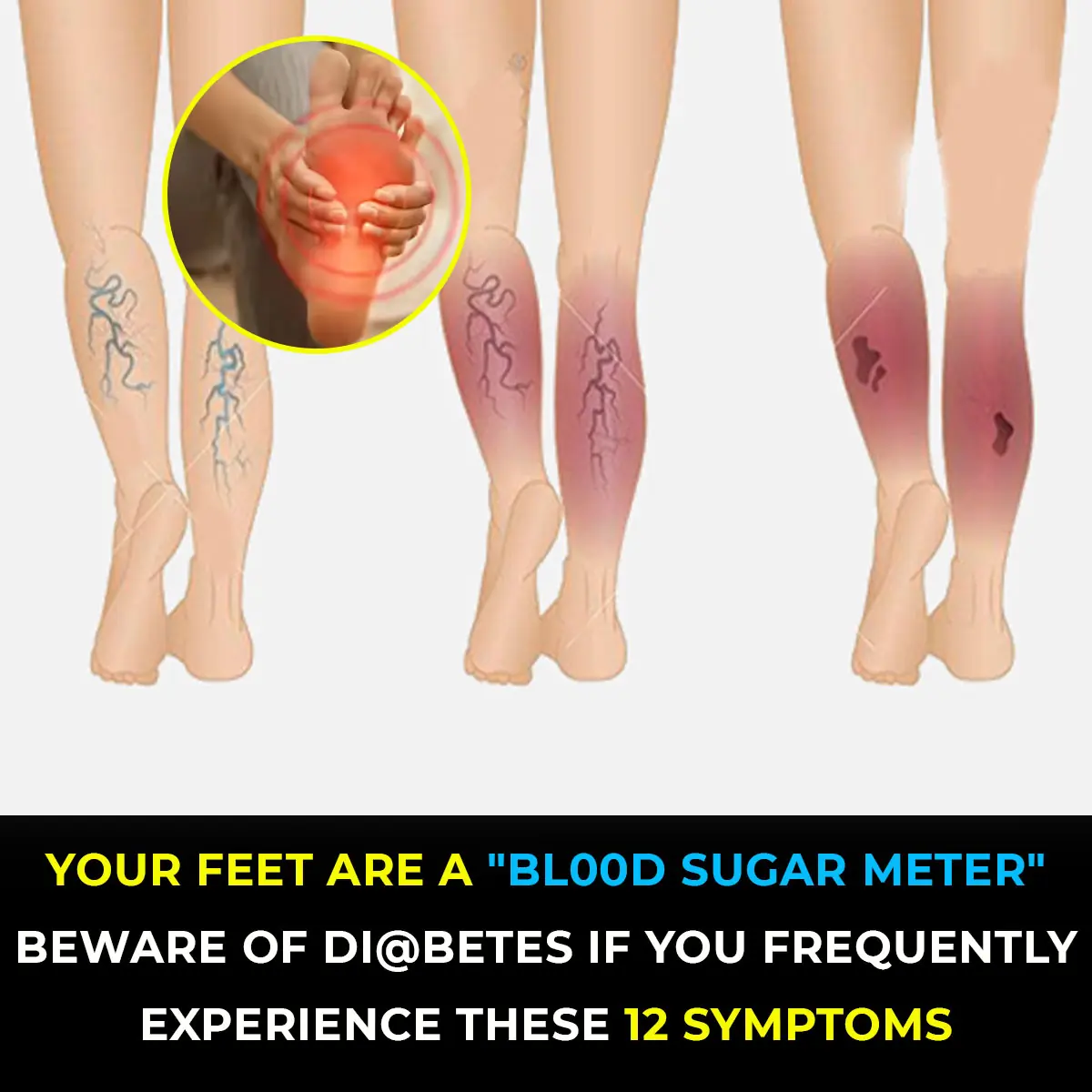
10 Symptoms of Diabetes That May Show Up In Your Feet
News Post

Nose Picking What This Taboo Habit Really Reveals About Us

Cervical Cancer: 5 Things to Know

Gut-Brain Disorders Surge After Pandemic
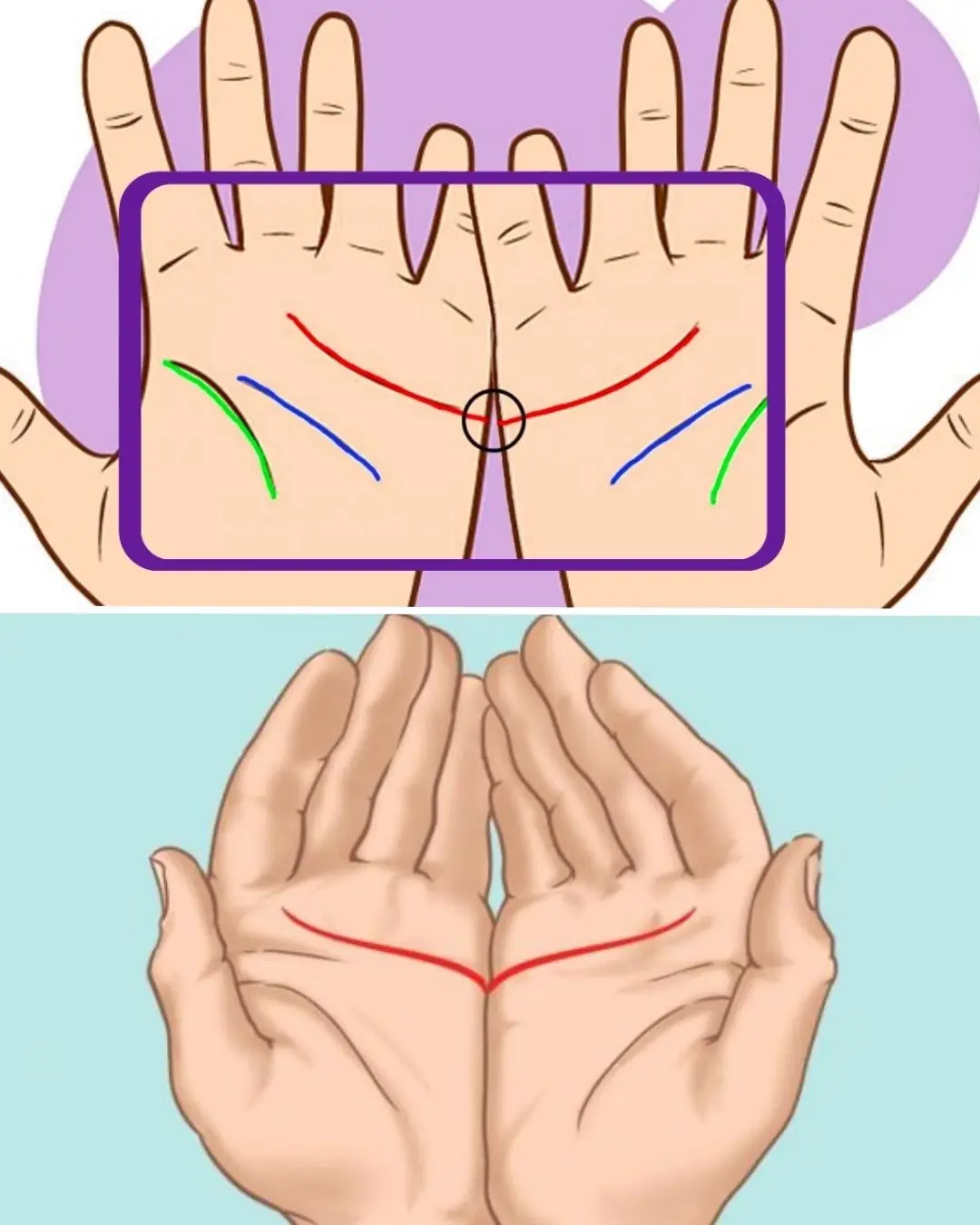
What Your Palm Lines Say About Love and Marriage

10 Early Signs of Pancreatic Cancer

Common Diabetes Drug Metformin Linked to Vitamin B12 Deficiency

Top 5 Foods that cause Gut Inflammation – Avoid!

A 30-Year-Old Man’s Sore Throat Turned into Cancer After 5 Rounds of Chemotherapy — Doctor Urges: Throw These 3 Things Out of Your Fridge Immediately

The Most Effective Ways to Naturally Get Rid of Clogged Ears

Life-Saving Tips for Lowering Stroke Risk & Early Signs of Stroke

Stroke Is Striking Younger People: 30 Seconds of Awareness Can Save a Life

How to Use Rice Water for Gorgeous Hair and Skin

Menopause Symptoms That May Surprise You

10 Healthy Sandwich Dos and Don’ts

Never Ever Say These 4 Things at a Funeral — No Matter the Situation
When it comes to funerals and expressions of sympathy, your words don’t need to be profound or poetic.

🥥 15 Compelling Reasons to Include Coconut Water in Your Daily Routine
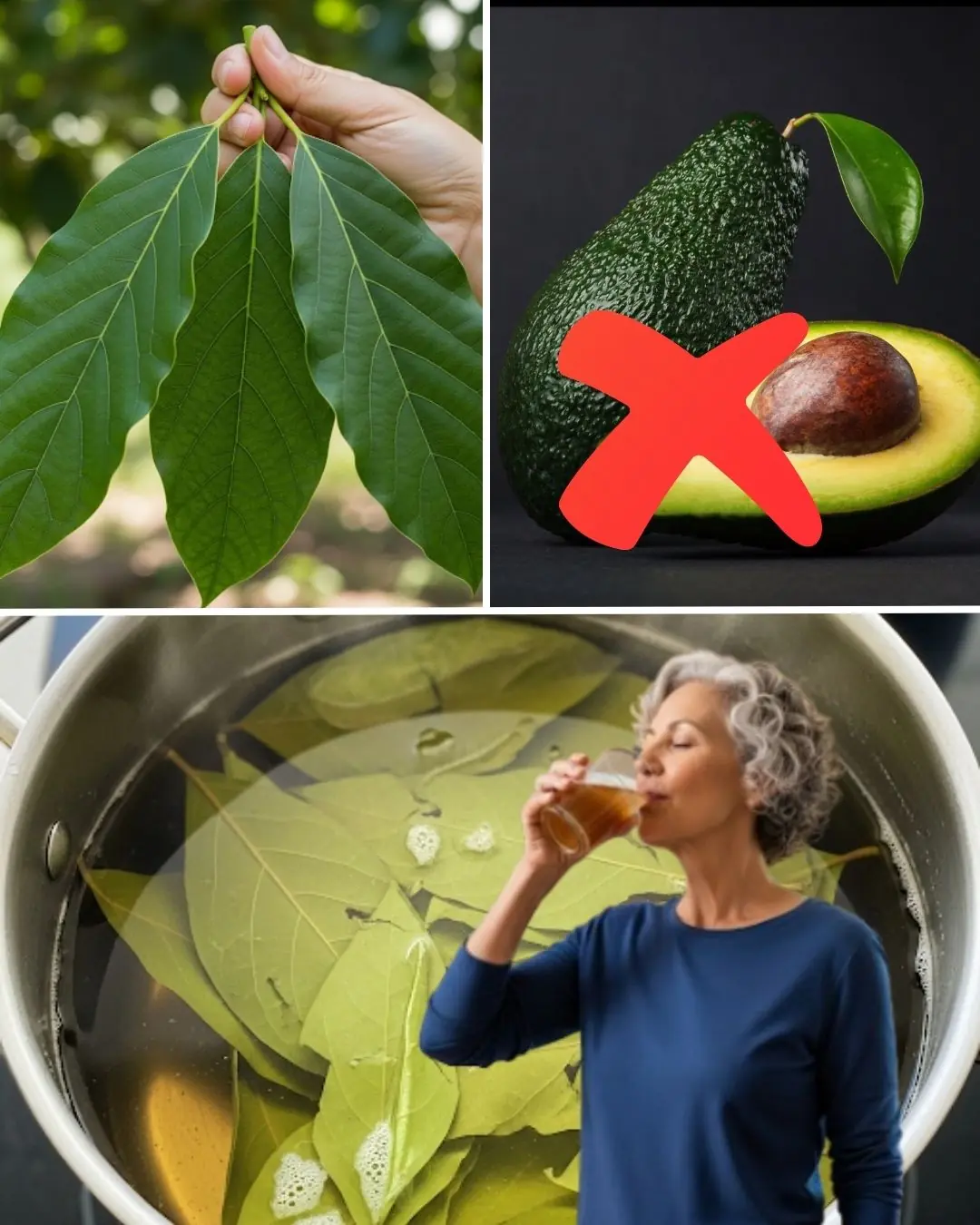
🌿 30 Remarkable Benefits of Avocado Leaves

🌿 Natural Collagen Boost: Garlic Remedy for Smoother Skin
